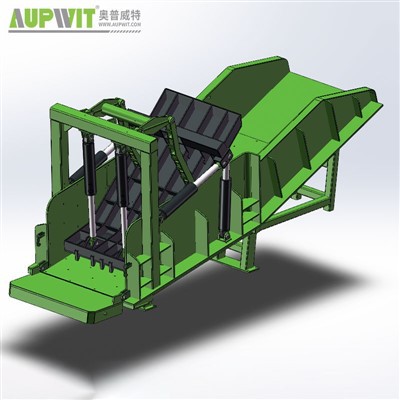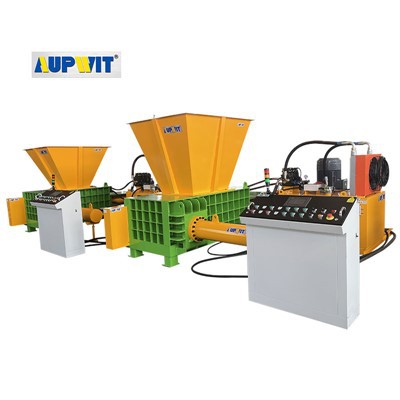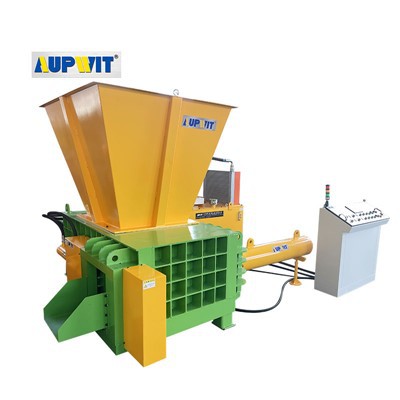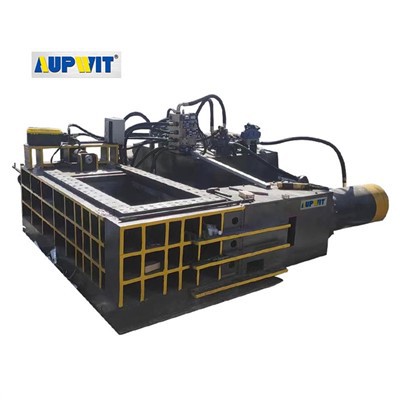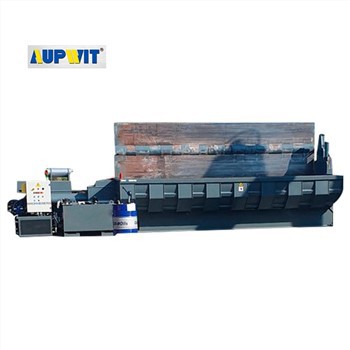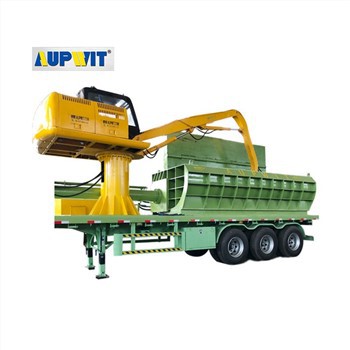Tire balers play an integral role in the recycling industry, yet their working efficiency is influenced by multiple factors. Understanding these elements is crucial for optimizing operations and improving productivity.
Equipment quality tops the list. High - end balers with advanced hydraulic systems can generate greater compression force, reducing the time required to form bales. Additionally, automated balers equipped with efficient feeding mechanisms and intelligent control systems minimize human intervention and accelerate the entire baling process. In contrast, balers with inferior components are more likely to experience malfunctions, leading to frequent breakdowns and maintenance, which disrupt operations and reduce efficiency.
The type and condition of tires being processed also matter. Tires with different sizes, shapes, and materials require varying levels of compression. For instance, large truck tires may take longer to compress than small car tires. Moreover, damaged or deformed tires can jam the baler, halting the operation. To ensure smooth processing, tires should be sorted and pre - processed appropriately.
Operator proficiency is another significant factor. Well - trained operators can operate the baler more skillfully, avoiding errors and optimizing the use of the equipment. They know how to load tires correctly, adjust baler settings according to tire characteristics, and perform basic maintenance, all of which contribute to improved efficiency.
External factors like the layout of the workspace and supply chain management also impact performance. A well - organized workspace with easy access to tires and proper ventilation helps streamline the operation. Effective supply chain management ensures a steady supply of tires, preventing idle time for the baler. In conclusion, by addressing these factors, recycling facilities can enhance the working efficiency of tire balers and boost overall productivity.


